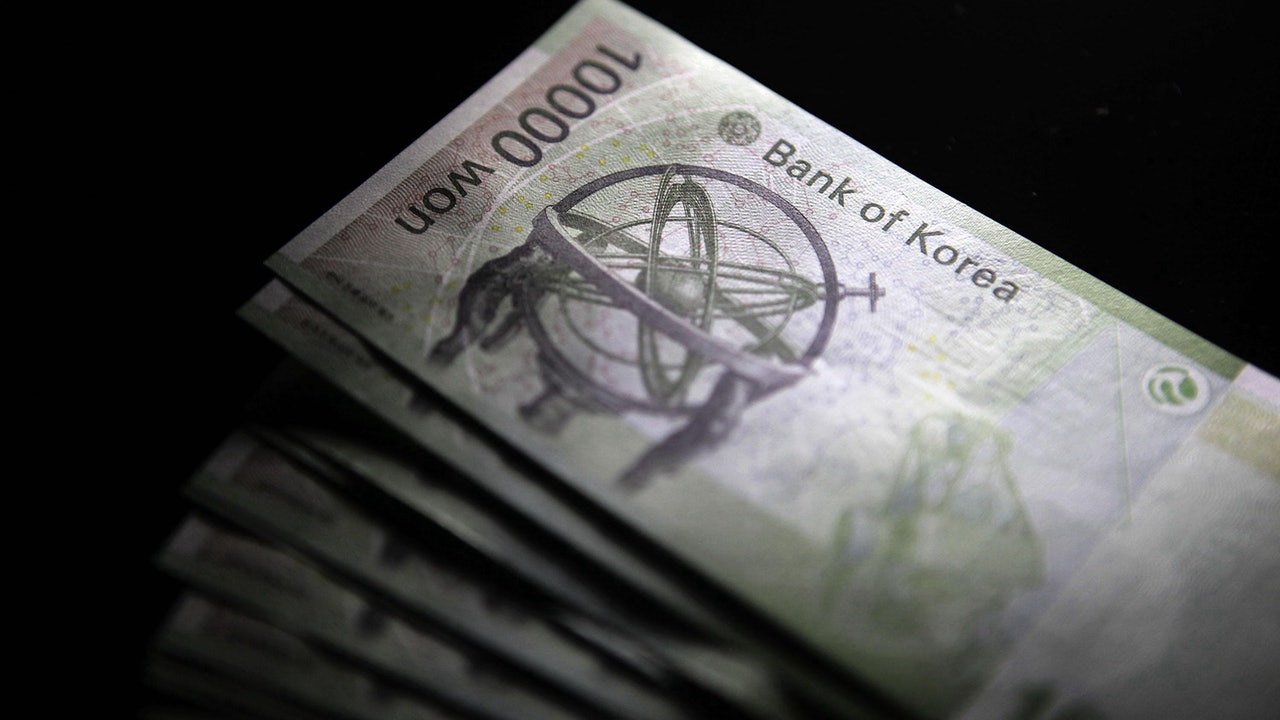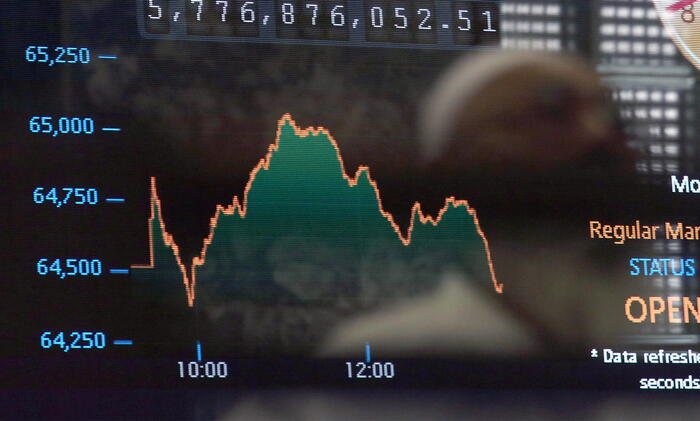Macro interpretation
Written by: Dan
2020-02-21 09:17
Last updated: 2020-02-21 11:48In the Asia-Pacific region outside of China, the epidemic of new crown pneumonia appears to be intensifying. The Korean government announced that the epidemic of new crown pneumonia has broken through the control of the epidemic prevention network and entered the stage of community transmission. The number of confirmed cases in South Korea has surged by 31, reaching 82. There were three deaths. The market has become more worried about the spread of the epidemic. The two most trade-sensitive Asian currencies, the Korean won and the Singapore dollar, are being sold off. The Korean won once fell more than 1%, and the Singapore dollar fell to its lowest point in nearly three years.
The Asian currency fell almost comprehensively against the US dollar yesterday. The yen fell to 111.85, reaching a low in May 2019, and the offshore RMB also fell back to 7.0282, the lowest point since December 2019. The Australian dollar, which is highly linked to the RMB, fell 0.8 %, Which once fell to 0.6618, the lowest point in 11 years. The remaining Asian currencies were also weak, with the Thai baht falling to an eight-month low and the Indonesian rupiah and ringgit ringgit depreciating at least 0.5%.
The Asia-Pacific epidemic situation is severe, and currencies have been sold. (Associated Press)
Singapore's Lianhe Zaobao quoted UOB Xie Qixiong, a senior foreign exchange analyst at UOB, as saying that the outbreak caused market concerns and Asian currencies generally weakened. The Bloomberg-JPMorgan Asia Dollar Index once fell to 103.50, the lowest level in nearly two months.
Christopher Wong, a senior foreign exchange analyst at Malayan Banking Bhd, said that the number of confirmed cases in South Korea suddenly surged to 82, and the slowdown in the number of new cases in other parts of the world, including China, was in stark contrast. Be complacent, and expect that as the economic impact continues to worsen, Asian currencies such as the South Korean won and Singapore dollar may be the biggest victims of the outbreak.
While the Japanese government's negligence on the epidemic has led to a rise in confirmed cases, analysts said that the weak yen may only be the beginning of the fear of flight of funds from Japan, and regional currencies continue to suffer.
Alan Cayetano, head of foreign exchange transactions at the Bank of the Philippine Islands, is indeed experiencing a slowdown. As central banks in various countries fall into the predicament of interest rate cuts, emerging Asian currencies are expected to deteriorate further.
RMB central parity opens 186 points lower; FOB price falls below 7.01
[Wuhan pneumonia] Wuhan doctor Peng Yinhua died of illness and was only 29 years old.
[Wuhan pneumonia] Mayoral candidate for Tokyo Olympics or affected by epidemic: London can take over
Stock exchange storm


/cloudfront-eu-central-1.images.arcpublishing.com/prisa/3I74UEXLYRBBRPGPSGWNN6WXH4.jpg)




/cloudfront-eu-central-1.images.arcpublishing.com/prisa/MOXXTLJT2Z6VEUX4YEOA3F4B2A.jpg)







